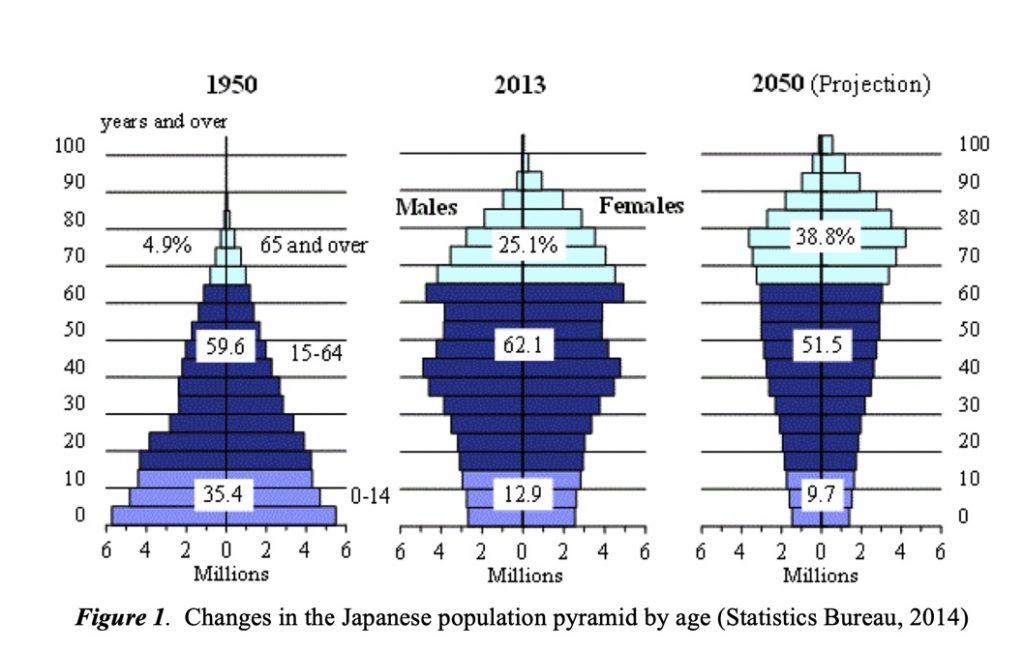In this module, Dr. Shannon Vallor (2018) raised important questions: What is Artificial Intelligence? Who is responsible for it? What can we expect from AI? And how can we govern the ethical future of AI?
Dr. Vallor also mentioned that AI will not replicate human intelligence anytime soon, especially when it comes to complicated and unpredictable real-world settings. Currently, AI is being applied to repetitive and explicit tasks, for instance, gathering data, analyzing them, and utilizing them, mostly through machine learning and algorithms. If I were to imagine how much AI would affect our day-to-day lives in 30 years, I’d like to think it may a double-edged sword. In some circumstances, it may benefit individual families or society as a whole. Consequently, AI may also bring destructive effects to us if being applied without explicit laws or regulations.
Utopian scenario – artificial organ
It is brutal news for Mr. Jones and his family that Mr. Jones has been diagnosed with lung cancer early this week. The lab results show it has reached the advanced stage, which will result in receiving substantial treatment and medication. Mrs. Jones couldn’t bear the truth that her husband has been given a death sentence with less than 3 months of life. She is desperate and hopeless. Mr. Jones is willing to do anything to save her husband’s life. She signed up for the waiting list of organ donations but the staff can’t give a definite time of when will Mr. Jones’ turn. She even checked with the black market for organ trafficking but it will cost almost every penny the family has.
The doctor called in later in the week with some good news on the artificial lung. AI researchers and distinguished doctors in the States collaborated on a pioneer project called “New Organ New Life”, which aims to provide artificial organs to patients. It will still cost much but the health insurance can cover half of the expense which is a relief. 30 years later, AI has the power to save a family from losing a loved one.
Dystopian scenario – robot companion leads to population decline
In 2051, AI has entered the majority of households in developed countries. You can imagine self-driving cars taking you to work, and having virtual real-time meetings with your colleagues using Meta apps. Convenience also comes with risks, such as safety, privacy, and transparency issues. What if someone stole your information? Dr. Vallor says AI is an accelerator, AI is a mirror, whatever social issues we have before will only be exemplified and enlarged by AI.
In the early 21st century, we have witnessed a significant drop down in the birth rate. According to BBC, the American birth rate fell for the sixth consecutive year in 2020, with the lowest number of babies born since 1979. Based on the 2021 edition of World Population Data Sheet, the global population is projected to increase to 9.7 billion by 2050. However, fertility rates for women of all age groups have declined since 1950 in developed countries (IISD, 2021).
Even the Asian population is declining dramatically as fewer people are getting married and having kids. Instead, a rapidly growing population is looking for marriage alternatives such as sex robots, AI boyfriends, and girlfriends. The real story is happening in Japan, China, and many other countries. In the long run, this affects the fertility rate negatively. Japan is projected to reach 38.8% of the aging population (see Figure 1). Echoing what Dr. Vallor pointed out, AI is a mirror, and it will only exaggerate existing societal issues. Japan is foreseeing a future with an extremely low fertility rate,

Reference
BBC. (2021). US Birth Rate Falls 4% to the Lowest Point Ever. Retrieved from here.
Santa Clara University. (2018). Lessons from the AI Mirror Shannon Vallor.
IISD SDG Knowledge Hub. (2021). 2021 Population Data Sheet Highlights Declining Fertility Rates. Retrieved from here.